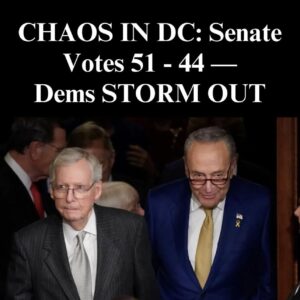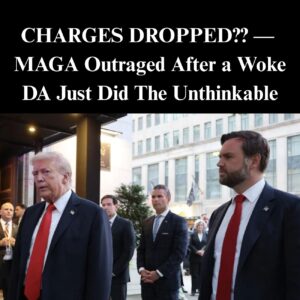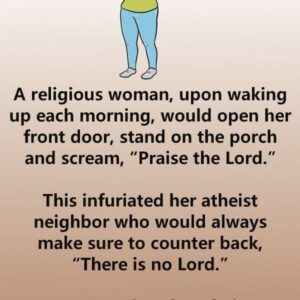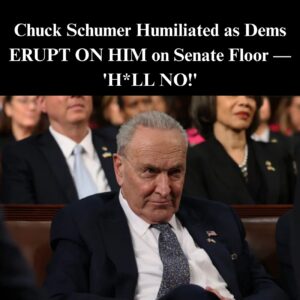Jimmy Kimmel’s Return Sparks New Tensions
Jimmy Kimmel returned to ABC after a high-profile suspension that ignited a national debate over comedy, politics, and free speech. His comeback has only fueled further controversy as affiliates and viewers remain divided over his role in late-night television.
On his first night back, Kimmel addressed the uproar directly. He told his audience that “some people wanted me off the air for making jokes about Donald Trump.” However, ABC executives insisted the suspension stemmed from what they called “insensitive” comments tied to a hoax involving conservative activist Charlie Kirk.
While ABC has reinstated him, not all broadcasters welcomed the decision. Two of the nation’s largest affiliate groups—Nexstar and Sinclair—have continued to preempt his show. Their condition for airing it again is clear: they want Kimmel to apologize publicly to Kirk’s widow and contribute to a fund supporting her family.
Kimmel has refused those demands. Instead, he doubled down, criticizing affiliates for what he called “political policing of comedy.” In his view, satire is supposed to be challenging, even uncomfortable, and should not be subjected to partisan control.
The dispute highlights the shifting ground for late-night television. Once a dominant force in entertainment, the genre is now battling falling viewership and heightened scrutiny over how far hosts can go with political humor.
For Kimmel, the controversy comes at a volatile moment. His sharp critiques of Donald Trump—now entangled in ongoing legal battles—have made him a lightning rod for both praise and criticism, dividing audiences and advertisers alike.
What remains uncertain is how this standoff will unfold. Affiliates hold significant leverage, but ABC is standing behind its star. Viewers, meanwhile, remain split on whether Kimmel crossed a line.
For now, he is back at his desk, unapologetic, while networks, affiliates, and the public debate the future of comedy in an era of deep political division.





